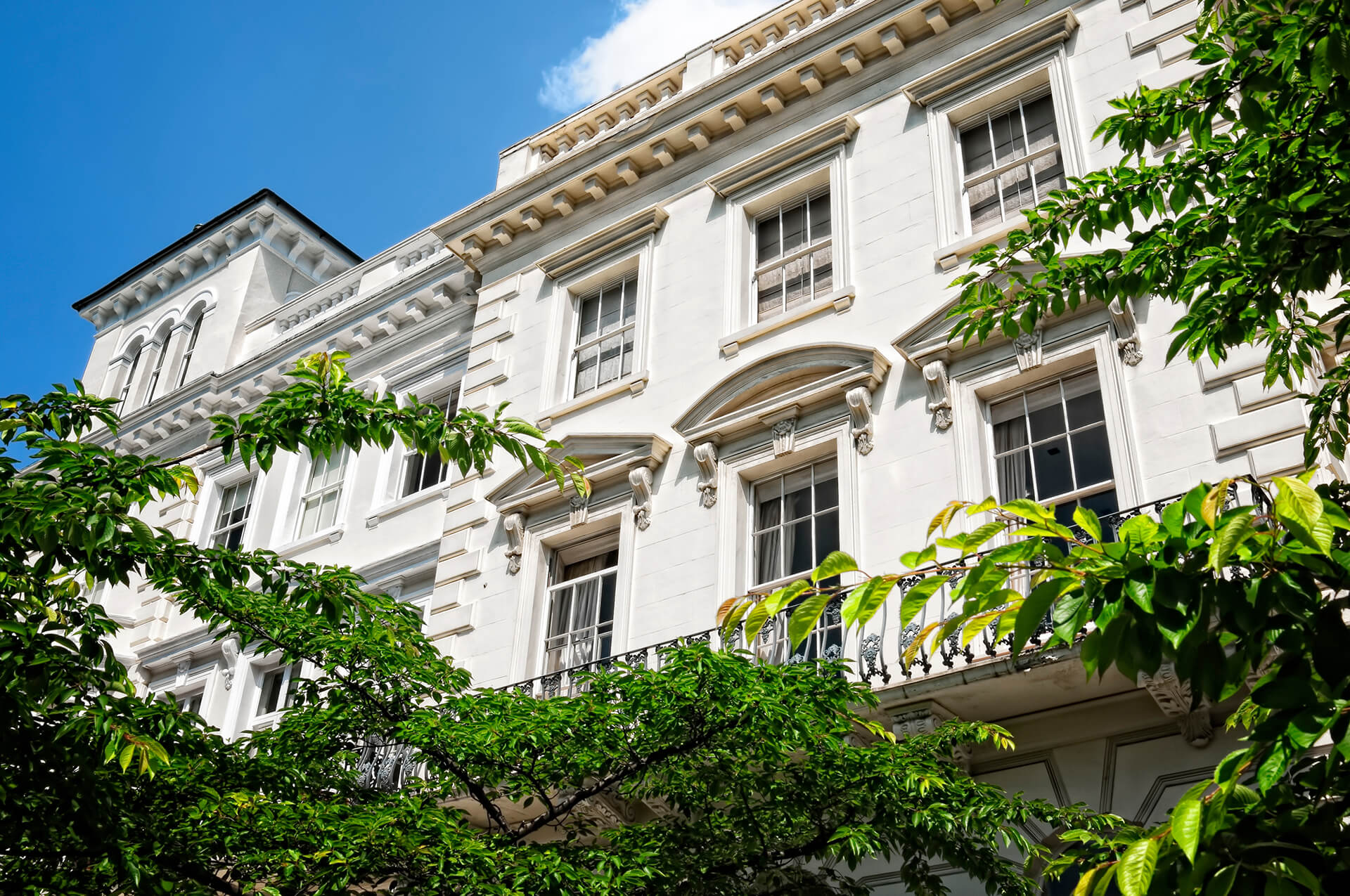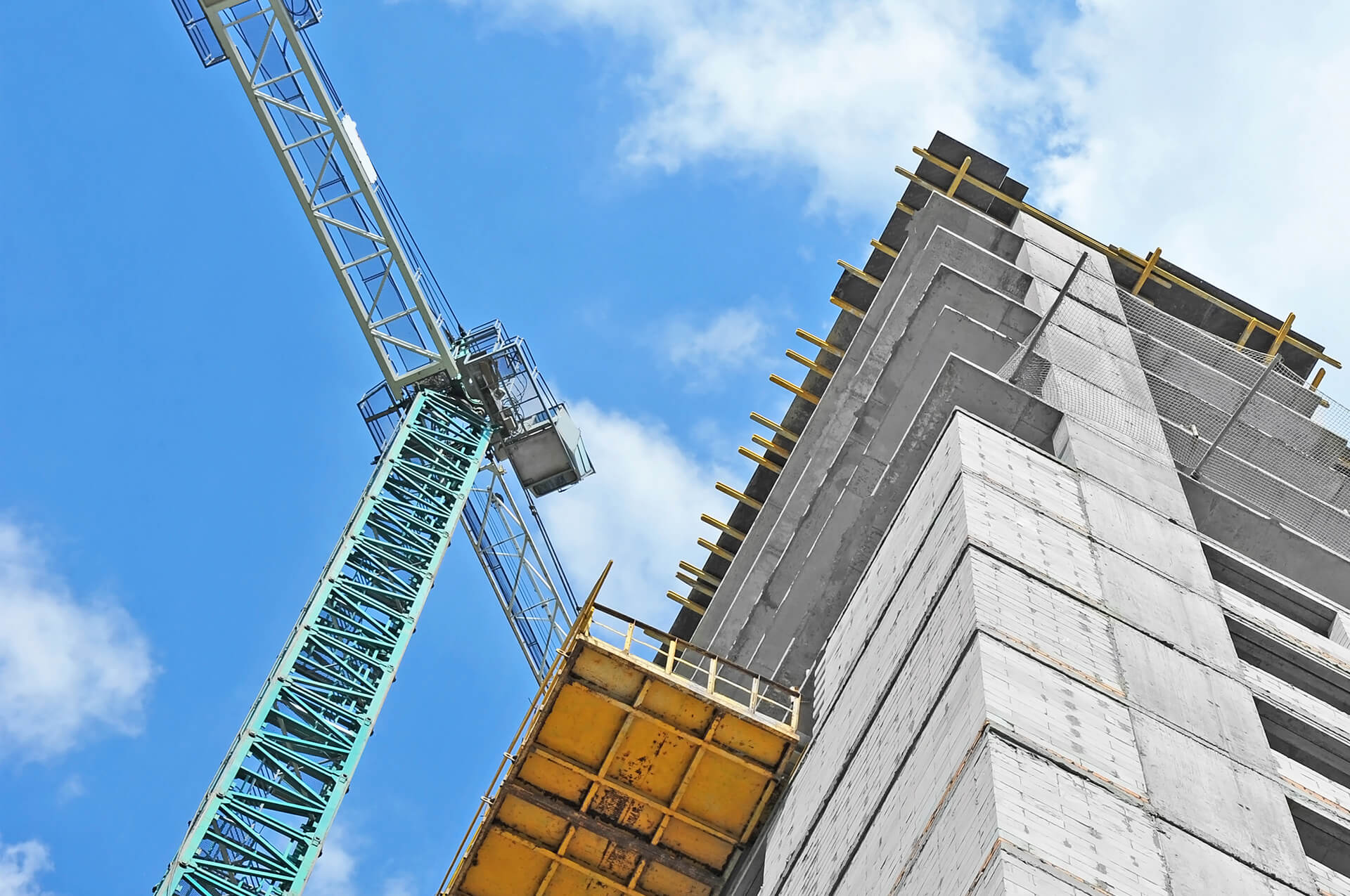What is development finance?
-
Property development finance is a type of short-term, secured finance that is used for many small, medium, and large-scale property projects, including renovations, office block conversions or to purchase and build on previously undeveloped land from the ground up.
-
Development finance is used by many different types of people from private individuals to portfolio developers and small to large companies
-
Unlike a traditional mortgage, development finance is a short to medium-term loan that is secured against the projected gross value rather than the current value of the land/property. It can be complicated so it is beneficial to use an experienced broker, like Aria Finance.
What can development finance be used for?
Residential property
Development finance may be used to build one or more houses, convert an office block or retail unit into houses/flats, build an apartment block or renovate a residential property. This can be used by developers looking to sell or rent the property.Commercial property development
Used to build or convert properties that can be used for offices, retail, and leisure – including mixed office and retail. Lenders do prefer to have a pre-let in place on commercial development to maximise the loan to offer. However, some will consider without this.
Refurbishment projects
If you are unsure which type of finance is most suitable for your case then please get in touch with the Aria Finance team to discuss in more detail.
What are the different types of development finance?
- Ground-up development – this type of finance will fund a project from the purchase of land through to completion of project. For example, the purchase of undeveloped land to build a cluster of new homes.
- Heavy refurbishment/renovation – this type of finance will fund projects that involve major building works to an existing building. For example, converting a retail unit into a residential property.
How does development finance work?
The amount a lender will be prepared to lend will be based on the gross development value (GDV) and associated costs of the project. A development appraisal is required early on to show the key costs associated with the project (Aria would be pleased to provide an example template for this if needed).
This will allow the lender to assess the viability of the project. Lenders usually offer a maximum facility of up 65% of the GDV.
The minimum loan amount varies from lender to lender, with some lending from £50,000 and others only offering their best interest rates for deals over £1m.
Interest is retained by the lender and accounted for in the gross loan facility, so unlike a traditional loan, there are no monthly repayments.
An initial drawdown is usually available towards the purchase or refinance if there is a current debt on the site. The build costs are drawn down in arrears as the build progresses. A monitoring surveyor is appointed by the lender early in the process who will monitor the build and support the client with the drawdown process.
There are a number of costs to be aware of when obtaining development finance:
- Lender arrangement fee – this is normally charged by the lender as a set-up fee for the loan, usually 1 – 2% of the value of the loan.
- Professional fees – there are several professions involved in a development project including architects, solicitors, and project managers. These fees will depend on the size of the project, but it is worth noting that they can be included in the loan amount.
- Interest Rates- This varies depending on the loan size, % of the loan to GDV and the clients' experience.
- Broker fees – in return for managing an application and sourcing the most suitable lenders, brokers will usually charge a fee of around 1%, however this will vary from broker to broker.
- Valuation fees – the lender will require a third party to undertake an initial valuation, which usually includes a valuation prediction for the finished project.
- Monitoring fees – The monitoring surveyor will usually charge a fee for the initial report and then a monthly monitoring fee for each inspection.
- Exit fees – again these fees will vary from lender to lender. The exit fee is typically 1 - 1.5% of the total loan amount.
How can Aria Finance help?
As a leading specialist finance distributor, we have a network of leading development finance providers connecting clients to a comprehensive range of products for all types of development projects.
Let's chat
Aria Finance are here to help.

